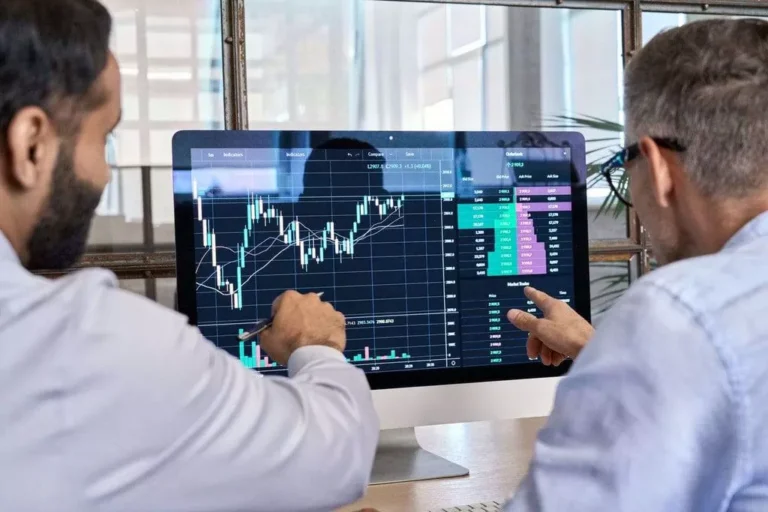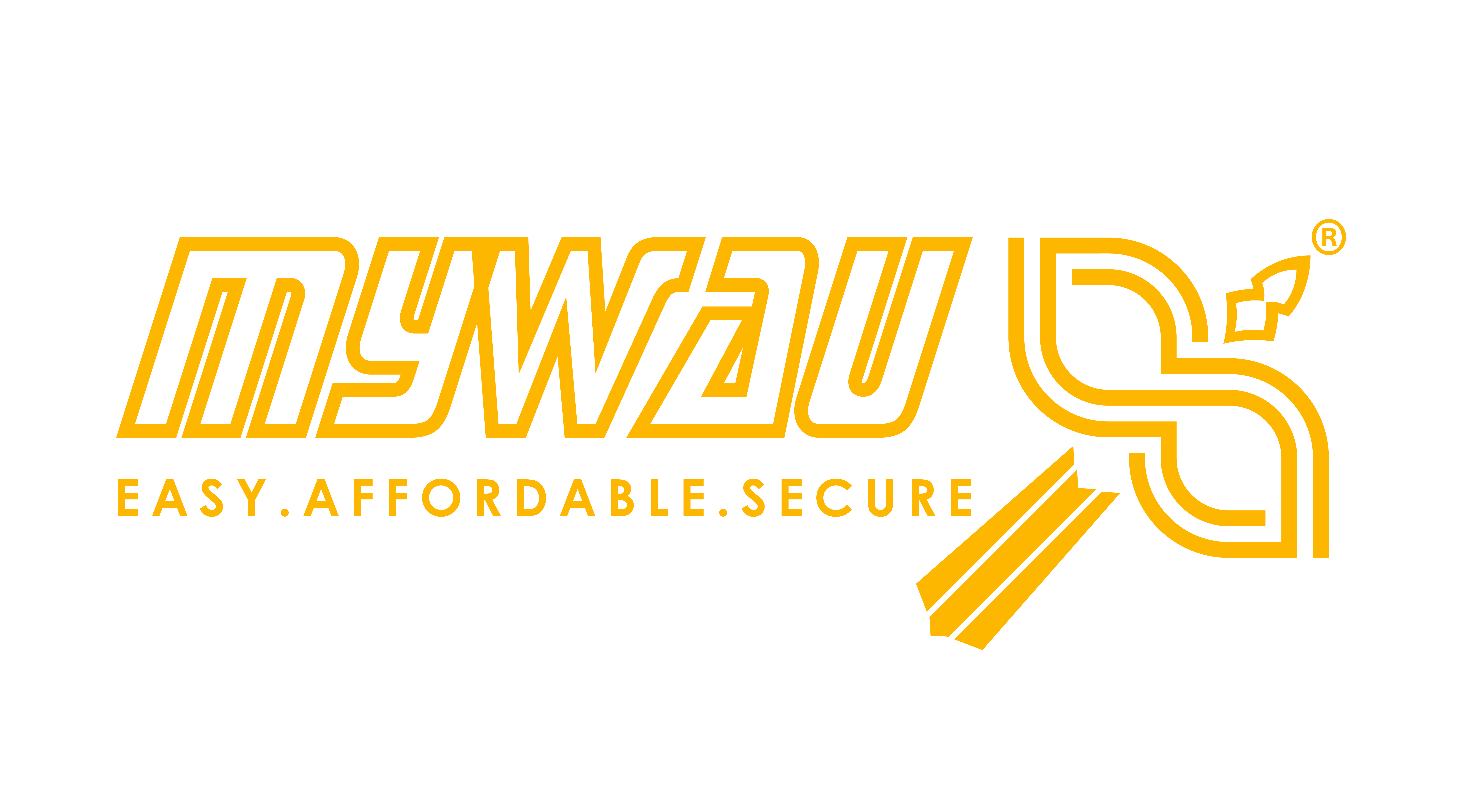Institutional Shoppers Allowed Direct Market Access
Things are sure to turn out to be even more user-friendly for institutional buyers with the introduction of what we call direct market access. While DMA allows buyers to directly entry stock change trading techniques, they are nonetheless sure to utilizing the stockbroker’s buying and selling system. This association raises considerations as stockbrokers can potentially achieve entry to confidential and proprietary trading strategies employed by traders. Stockbrokers themselves must implement certain checks before providing DMA amenities to their shoppers. They must set trading limits, publicity limits, and place limits for all DMA clients based on risk assessment, credit score high quality, and obtainable margins. Compliance Officer overseeing compliance or risk-management functions, such as the Chief Risk Officer or Chief Compliance Officer, are responsible for setting these limits.
Stockbrokers are liable for implementing methods that can determine the precise user IDs for all DMA transactions. As stock trading underwent digitisation and shares grew to become dematerialised, stock exchanges replaced bodily buying and selling with online terminals for stockbrokers. To handle these issues, regulatory bodies worldwide, together with SEBI in India, introduced direct market access. IFSCA is introducing sponsored access in India, a transfer anticipated to attract more traders to discover trading alternatives in the spinoff segment. However, to ensure risk management and mitigation, orders routed by way of clients’ trading applications via SA must move via the pre-trade risk-management layer offered by the inventory exchange. Parameters for these risk- management controls are determined and configured by the broker-dealer registered with IFSCA and authorised to offer SA facilities.

Creditworthiness, risk-taking capability, and compliance observe information are also evaluated. Stockbrokers should be glad with the client’s governance and ownership structure and their capability to fulfill financial obligations. Additionally, stockbrokers and shoppers should enter into agreements that define the phrases of DMA utilization, together with restrictions on executing transactions on behalf of different people or entities.
Direct Market Entry
Operational flexibility is granted to inventory exchanges to determine essential measures, procedures, and guidelines for DMA orders. These embody danger administration, threat mitigation, technology and methods audit policies, client eligibility for DMA amenities, cybersecurity, cyber resilience, entry control, and incident response. Earlier, all trading used to take place by bodily interplay amongst brokers on the buying and selling flooring of stock exchanges. You are putting your order immediately within the electronic buying and selling system of the inventory exchange; this curtails any loss of time in calling your broker.

DMA facility is currently permitted by SEBI solely to institutional shoppers and further extended to investment managers. Such institutional purchasers may use the providers of an funding supervisor or advisor or portfolio manager (“Investment Manager”) to avail the DMA facility, as talked about in the SEBI round. The introduction of sponsored entry by IFSCA is a pivotal improvement that demands shut examination and provides vital learning alternatives. When seamlessly and efficiently applied, this facility has the potential to place IFSCA as a worldwide securities trading hub and reshape the Indian securities market eternally. The democratisation of order placement, increased transparency, and improved danger management will profit buyers and contribute to the expansion and evolution of the securities market. Before granting DMA entry, stockbrokers must be sure that shoppers fulfil know your customer (KYC) and anti-money laundering (AML) requirements.
Invoking India’s Money Laundering Regime For Environmental Crimes: Influence On Businesses
DMA also sometimes requires traders to have a direct buying and selling account with the exchange, whereas co-location servers can be utilized by any dealer who is able to pay for the service. Direct market access (DMA) and co-location servers are two various kinds of buying and selling techniques that are used to facilitate the execution of trades. To use DMA, traders must have a buying and selling account with a DMA-enabled broker, as properly as a depository participant account and a clearing member account.
Better still, DMA also enables you to use what is identified as algorithm trading or program buying and selling by which pc programs take decisions of buying for and selling in split seconds without waiting in your command. Direct market access (DMA) is a buying and dma stands for in trading selling system that enables traders to position orders directly into the exchange’s order guide, bypassing the necessity for a broker or different middleman. This allows traders to have extra management over the execution of their trades and doubtlessly achieve better prices.

Once you call your dealer for putting an order, your broker has to manually place your order into the trading system of the inventory change via his buying and selling terminal. Because traders have direct entry to the exchange’s order e-book, they are responsible for managing the risk of their trades, together with ensuring that they’ve enough collateral to cover any potential losses. As a leading brokerage agency in Qatar, we provide subtle traders direct control over order entry and execution. Our high-speed infrastructure and customised trading options assist you to capture fleeting market alternatives. To guarantee systemic threat mitigation, IFSCA allows purchasers of broker-dealers to sub-delegate their DMA/SA services to their very own clients (sub-delegates).
Institutional Purchasers Allowed Direct Market Access
Before extending the SA facility, broker-dealers must enter into agreements with traders and undertake due diligence. Stock exchanges are liable for verifying the presence of the settlement between the broker-dealer and the client before approving the SA facility. Direct Market Access (DMA) is a facility which permits Members to offer their shoppers direct entry to the exchange trading system via their Computer to Computer Link (CTCL) infrastructure without manual intervention by them.

This is permitted if the sub-delegating consumer is an entity regulated by a securities market regulator that could probably be a signatory to the International Organisation of Securities Commissions (IOSCO) multilateral memorandum of understanding (MoU). However, just one stage of sub-delegation is allowed, and the broker-dealer allowing sub-delegation should be capable of determine the totally different order flows originating from such sub-delegations. DMA is a system that allows merchants to put orders directly into the exchange’s order book, bypassing the necessity for a dealer or different intermediary. This provides traders extra control over the execution of their trades and probably allows them to realize higher costs. In other words, even on-line buying and selling requires some type of intervention by your broker at the end and hence it would take a while before your order is definitely placed in the trading system of the inventory trade. One key distinction between DMA and co-location servers is that DMA permits merchants to have direct access to the exchange’s order book, while co-location servers simply speed up the transmission of orders to the exchange.
Explore News
Clients must agree to abide by the assorted limits imposed by the stockbroker for DMA usage, and the stockbroker retains the right to withdraw DMA services based on predefined thresholds or other considerations instructed by the stock trade or regulator. SA facilities empower traders to transmit orders on to the trading system of the stock exchange without routing them through stockbrokers. SA not solely maintains the confidentiality of clients’ refined proprietary trading methods but also reduces latency in trading. Time was when buying and selling at inventory exchanges used to appear to be a shouting match in a fish market. Now all that is still is the click of the mouse, with only a few face-to-face interactions along with your dealer.
Overall, DMA is often a great tool for traders who are on the lookout for more management over the execution of their trades and who’re keen to tackle the additional threat administration obligations that it entails. It is essential for traders to rigorously contemplate the pros and cons of DMA before deciding whether it is the proper alternative for their needs. One benefit of DMA in India is that it allows traders to entry the total depth of the market, somewhat than just the highest of the e-book as is the case with another types of trading methods. This may be notably useful for merchants who are trying to execute large orders or who must trade a high volume of shares. Co-location servers, on the opposite hand, are high-speed computers which might be positioned physically close to the exchange’s servers.
They should also meet sure eligibility criteria and complete the required documentation. Institutions offering DMA services must be registered with SEBI as trading https://www.xcritical.in/ members of the relevant change. This will, of course, be topic to essential amendments to byelaws and regulations of the inventory exchanges.
- Co-location servers, however, are high-speed computer systems which may be situated bodily near the exchange’s servers.
- Operational flexibility is granted to stock exchanges to ascertain necessary measures, procedures, and tips for DMA orders.
- However, to ensure risk administration and mitigation, orders routed via clients’ buying and selling purposes via SA should pass by way of the pre-trade risk-management layer provided by the stock change.
- They should also meet sure eligibility criteria and full the required documentation.
DMA is a facility that permits stockbrokers to supply their purchasers direct entry to the trading system of the inventory change, bypassing handbook intervention. By utilising the stockbroker’s buying and selling systems, direct access reduces latency and ensures sooner commerce execution. Moreover, it enhances transparency and minimises the chance of errors inherent in handbook order placement. Both SEBI and IFSCA mandate that stockbrokers preserve an audit path for all DMA orders and trades.
Your broker would, in fact, not even know which stocks you are currently selecting or which shares you might be presently dumping. Institutional traders using program buying and selling can reap the advantages of worth discrepancies that final for less than fractions of seconds.
